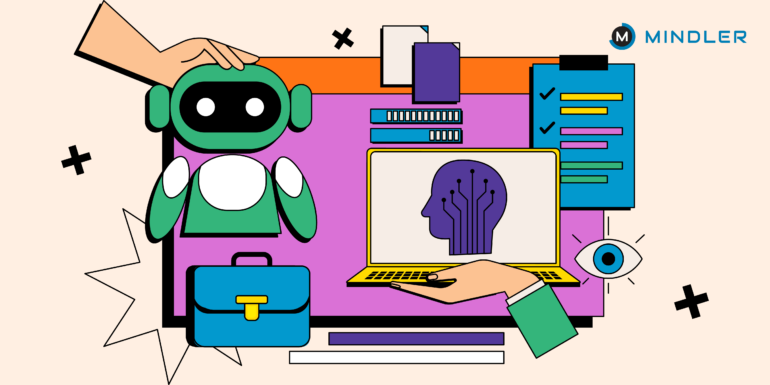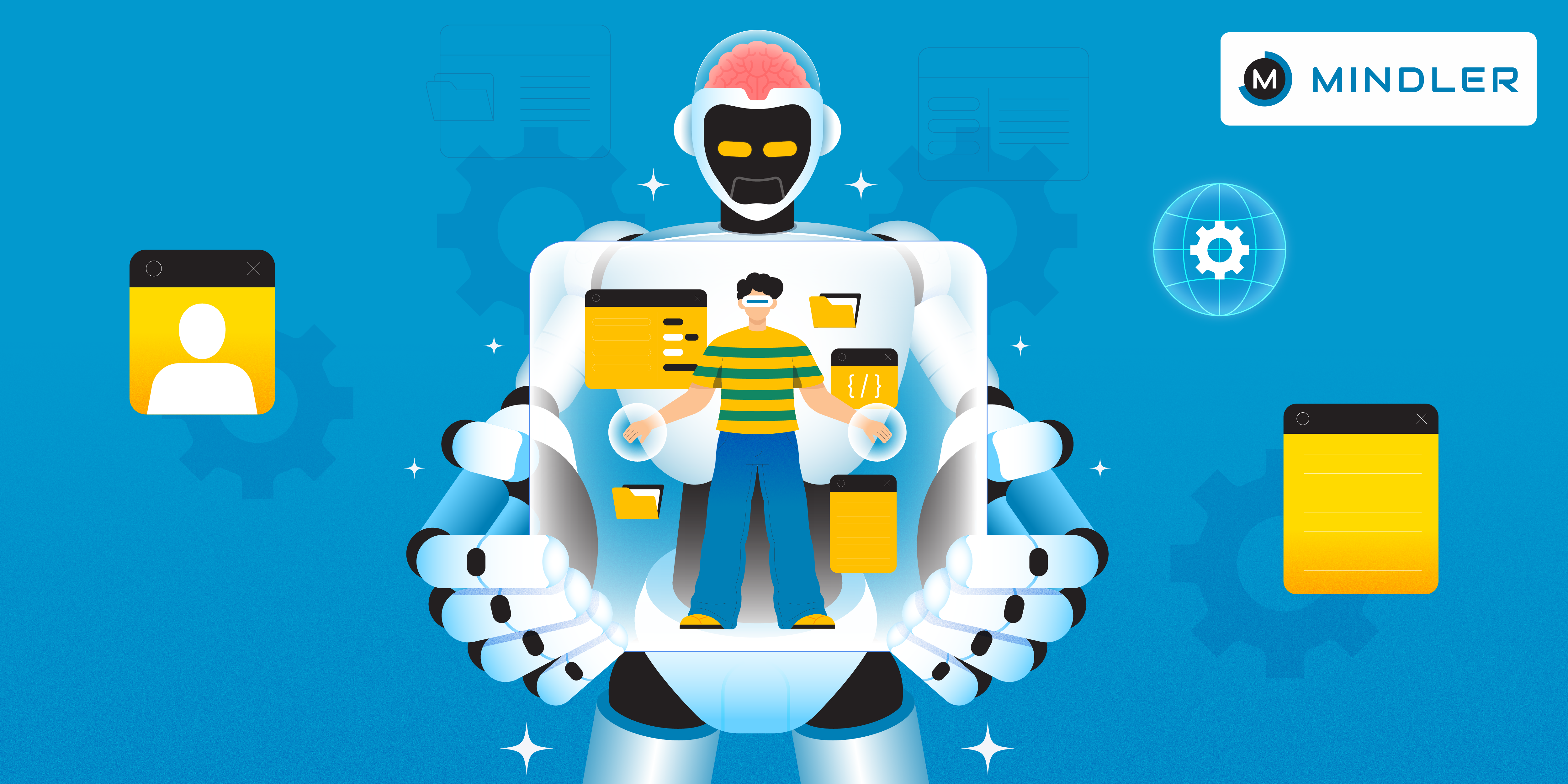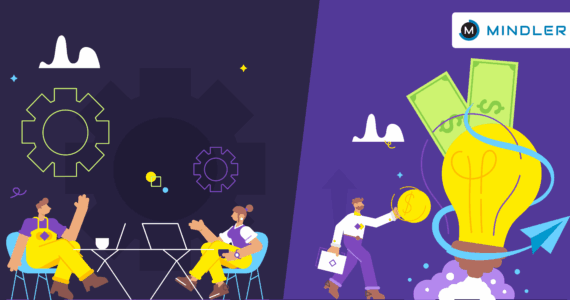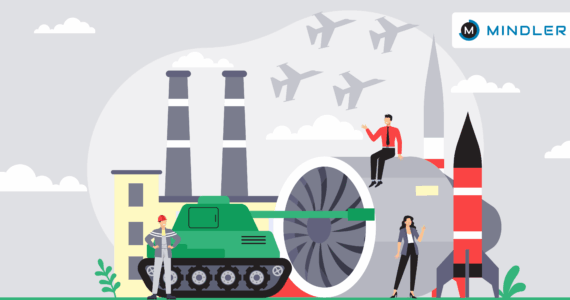Artificial Intelligence (AI) is the new buzz word. It is transforming industries and opening up exciting career opportunities. AI offers paths to varied successful future to people from all streams and domains. The blog discusses AI career options with every stream, actionable career roadmap, and insights to get started.
1) Computer Science and Information Technology
AI Career Options:
- Machine Learning Engineer
- AI Software Developer
- AI Infrastructure Specialist
- Data Analyst
- Cybersecurity AI Expert
How to Prepare:
- Study Mathematics, Programming, and Data Structures.
- Learn programming languages such as Python, C++, Java.
- Build foundational AI projects, like image recognition or chatbots.
- Join coding competitions and online platforms like HackerRank or Kaggle.
Insights and Tips:
- Focus on building problem-solving skills and logical thinking.
- AI is highly interdisciplinary, so don’t shy away from learning about different domains (e.g., biology, physics).
- Networking is key—attend AI meetups, hackathons, and join open-source projects.
Also Read: The Rise of AI: How Artificial Intelligence is Shaping the Future of IT
2) Engineering Streams (Non-CS)
AI Career Options:
- AI in Robotics Engineer
- Industrial AI Specialist
- AI-Driven Mechanical Designer
- Smart City Infrastructure Engineer
- Renewable Energy AI Analyst
How to Prepare:
- Focus on Physics, Control Systems, and Computer Vision.
- Participate in robotics or engineering design competitions.
- Learn how AI integrates with engineering tools like MATLAB and SolidWorks.
Insights and Tips:
- Non-CS engineers can thrive in AI by leveraging their domain expertise.
- Practical knowledge in hardware integration is a bonus.
- Keep up with industry trends like IoT and autonomous systems.
3) Pure Sciences
AI Career Options:
- AI Research Scientist
- Computational Physicist
- Climate Modeler with AI
- AI Mathematician
- AI-driven Chemist
How to Prepare:
- Dive deep into Mathematics, Statistics, and Scientific Computing.
- Work on AI applications in natural sciences (e.g., AI models for weather prediction).
- Learn tools like MATLAB, Python, and TensorFlow.
- Engage in science fairs or research programs to explore real-world applications.
Insights and Tips:
- Pure science provides a strong analytical foundation, which is a huge advantage in AI.
- Look for mentorship opportunities with scientists or professors involved in AI research.
- Stay updated on AI applications in your specific field of interest (e.g., quantum computing, energy solutions).
4) Biology and Life Sciences
AI Career Options:
- AI in Genomics
- Biomedical Data Scientist
- Drug Discovery Specialist using AI
- Healthcare AI Consultant
- Medical Imaging Specialist
How to Prepare:
- Study Genetics, Bioinformatics, and Data Analysis.
- Learn tools like R, Python, and Jupyter Notebooks for data handling.
- Explore AI-powered diagnostic tools like DeepMind’s AlphaFold.
Insights and Tips:
- AI in biology is highly research-oriented, so patience and persistence are key.
- Collaborate with engineers to bring biological insights into AI models.
- Stay informed about health-tech start-ups and their innovations.
5) Environmental Science
AI Career Options:
- Environmental Data Scientist
- AI in Agriculture Specialist
- Renewable Energy Optimization Analyst
- Disaster Prediction Modeler
- Climate AI Consultant
How to Prepare:
- Study GIS Systems, Climate Models, and Data Analysis.
- Work on projects that use AI for conservation or resource management.
- Use platforms like Google Earth Engine to explore environmental datasets.
Insights and Tips:
- Focus on solving real-world challenges like climate change or biodiversity loss.
- Participate in NGOs or initiatives that use AI for environmental sustainability.
- Collaborate with policymakers to implement AI-driven solutions.
6) Commerce with Mathematics
AI Career Options:
- AI Product Manager
- AI Business Analyst
- Financial Data Scientist
- Supply Chain AI Specialist
- Marketing AI Consultant
How to Prepare:
- Develop expertise in Data Analysis, Statistical Tools, and Machine Learning.
- Use AI platforms like Google AI or Azure AI for business-specific applications.
- Study AI trends in commerce, such as customer segmentation and predictive analytics.
Insights and Tips:
- AI in commerce is all about optimizing decision-making and forecasting.
- Focus on storytelling with data—learn how to present AI-driven insights effectively.
- Practical knowledge in tools like Excel, Tableau, and Power BI is a must.
7) Economics and Statistics
AI Career Options:
- AI Economist
- Quantitative Data Analyst
- Predictive Modeler
- Market Dynamics Specialist
- AI-driven Policy Maker
How to Prepare:
- Study Game Theory, Economic Models, and Statistical Tools.
- Use programming for economic simulations (e.g., Python, R).
- Work on AI applications in finance, like stock market prediction.
Insights and Tips:
- Economics students should focus on decision-making models.
- Participate in internships with organizations leveraging AI for policy or market analysis.
- Develop strong visualization skills to present AI-driven insights.
8) Arts and Humanities
AI Career Options:
- AI Ethics Specialist
- Conversational AI Developer
- AI-driven Creative Director (Art, Music)
- Social Media AI Strategist
- AI Anthropologist
How to Prepare:
- Understand the human impact of AI by studying Ethics, Philosophy, and Behavioral Psychology.
- Experiment with AI tools like Runway ML, DeepArt, and DALL-E for creative projects.
- Take online courses on AI and Society or Ethics in AI.
Insights and Tips:
- AI in humanities involves understanding people-centric applications, like user behavior.
- Build a portfolio showcasing AI-driven creative or ethical projects.
- Stay updated on global conversations around AI ethics and policy.
9) Psychology
AI Career Options:
- AI Behavioral Analyst
- Human-Computer Interaction Specialist
- NLP Specialist
- Emotion Recognition AI Developer
- Mental Health Tech Innovator
How to Prepare:
- Study Cognitive Psychology and Human Behavior.
- Learn AI applications like NLP, Sentiment Analysis, and Emotion AI.
- Explore tools like IBM Watson or Google Dialogflow.
Insights and Tips:
- Focus on improving user experience with AI systems.
- AI in psychology is data-driven—get comfortable working with large datasets.
- Collaborate with technologists to bring psychological insights to AI projects.
10) Legal Studies
AI Career Options:
- AI Policy Analyst
- Legal Tech Specialist
- Data Privacy Consultant
- Compliance Officer for AI Systems
- AI Ethics Advisor
How to Prepare:
- Learn about Data Privacy Laws, AI Regulations, and Ethical Frameworks.
- Explore how AI is used in legal tech for contract analysis or case predictions.
- Participate in debates and forums on AI and society.
Insights and Tips:
- Legal professionals in AI must combine analytical and communication skills.
- Stay updated on international laws and treaties affecting AI development.
- Collaborate with tech teams to provide legal insights.
Conclusion
Whether you are interested in Science, Commerce, or Humanities, AI offers immense possibilities across every domain and stream. By tailoring your education, projects, and profile to align with AI, you can carve out a successful career. Use your interests, strengths, and the insights in this blog to take the first steps toward becoming a part of this dynamic field. Take guidance and help from an expert career coach wherever and whenever required to help you choose the right fit AI domain and plan your career roadmap for the same. The AI revolution is here—are you ready?








